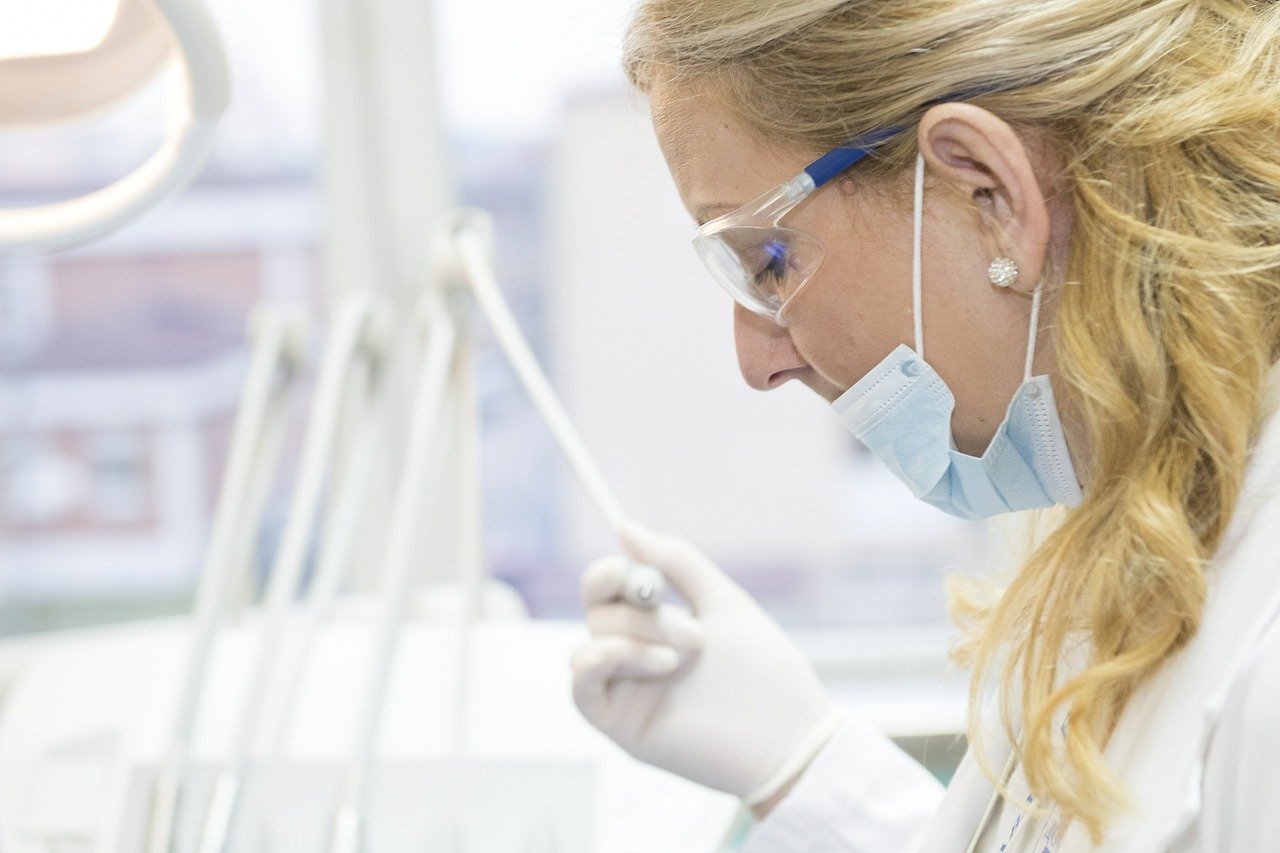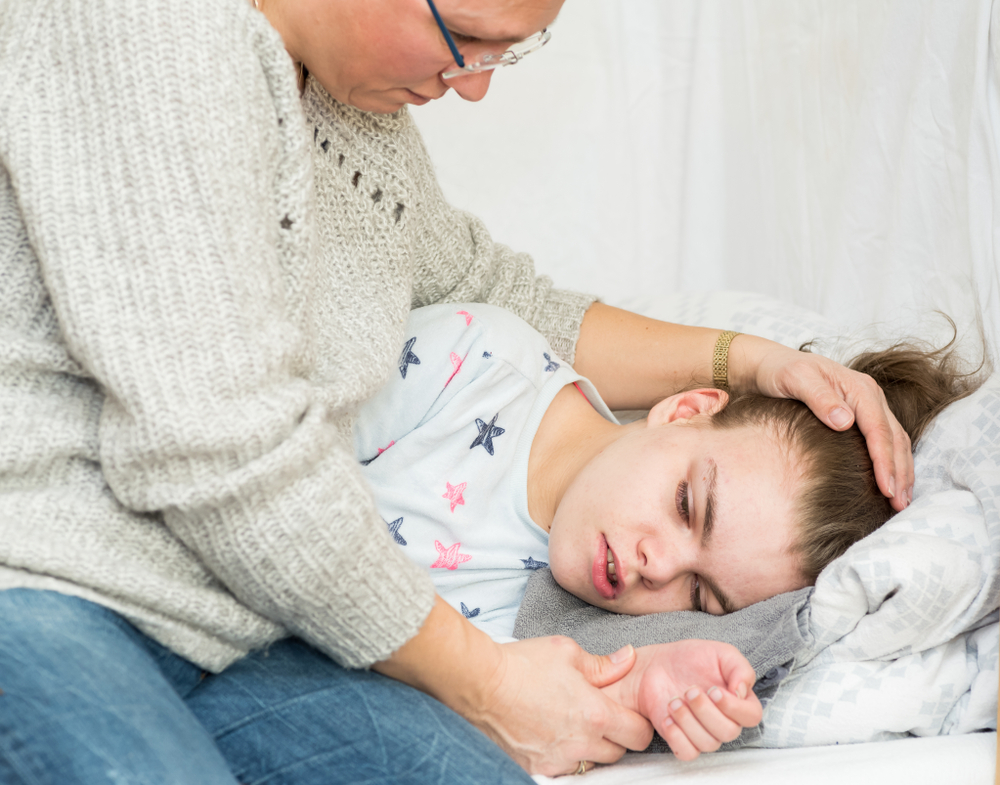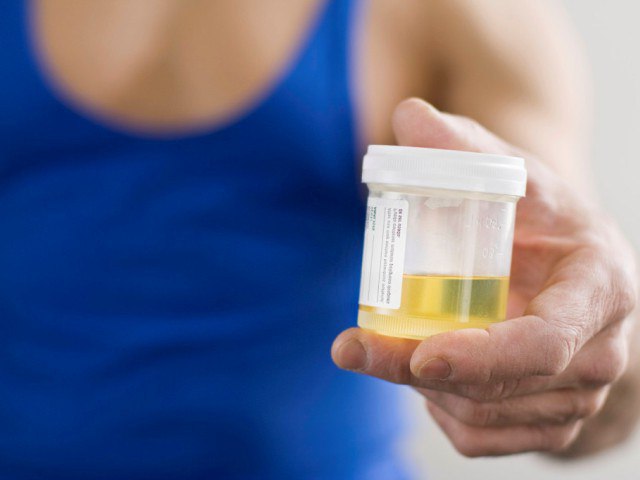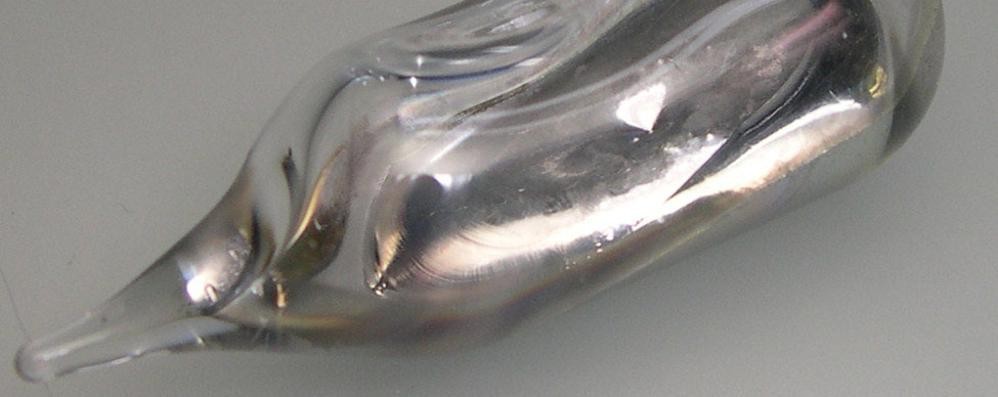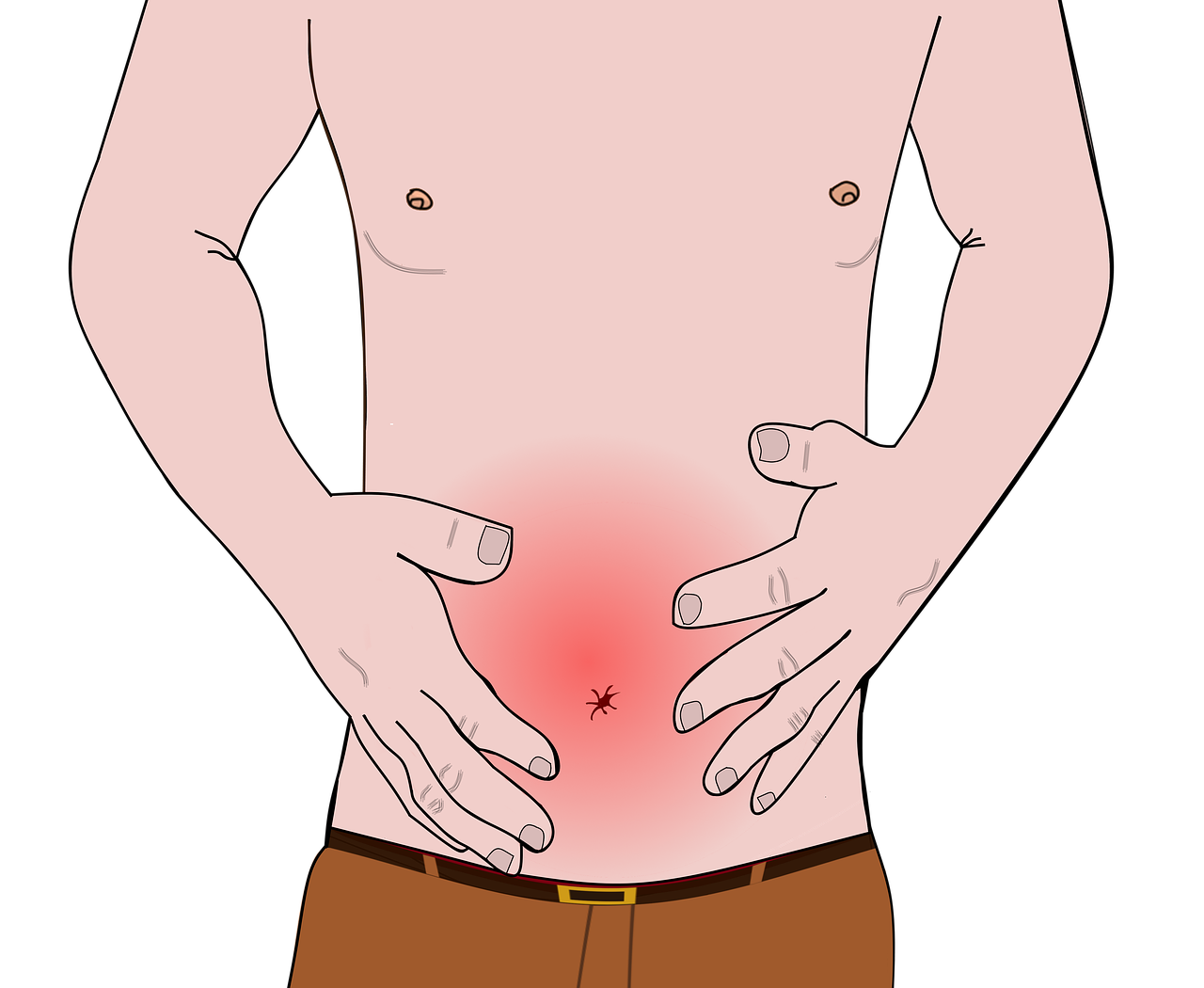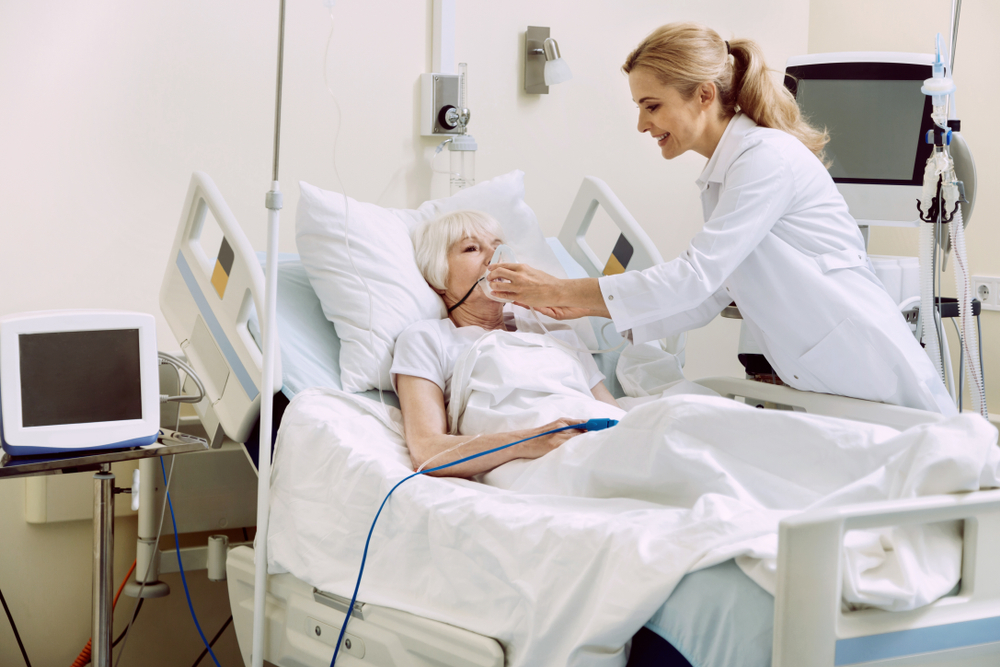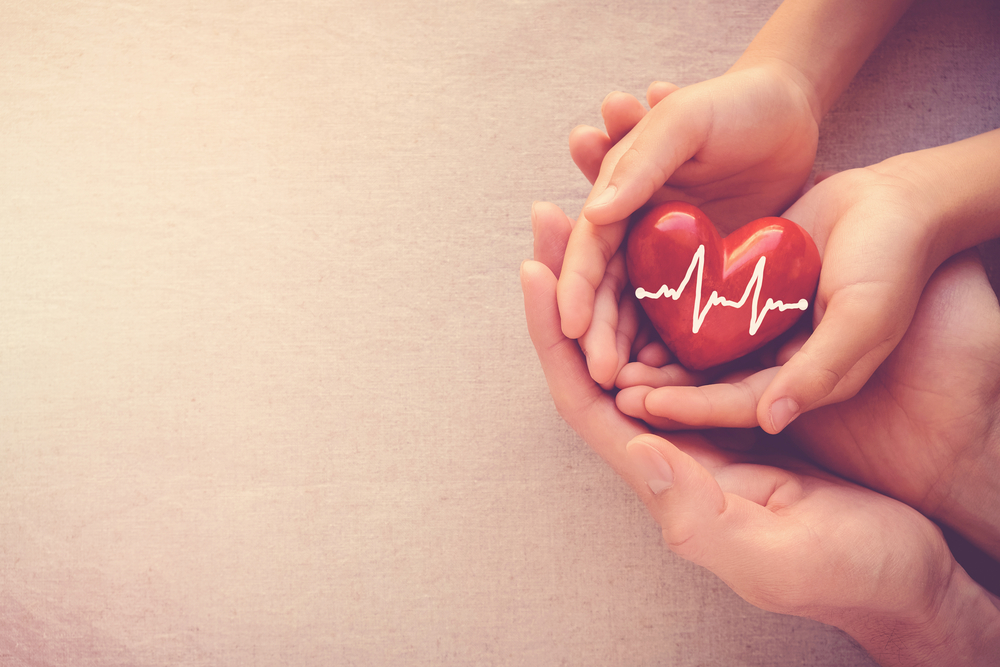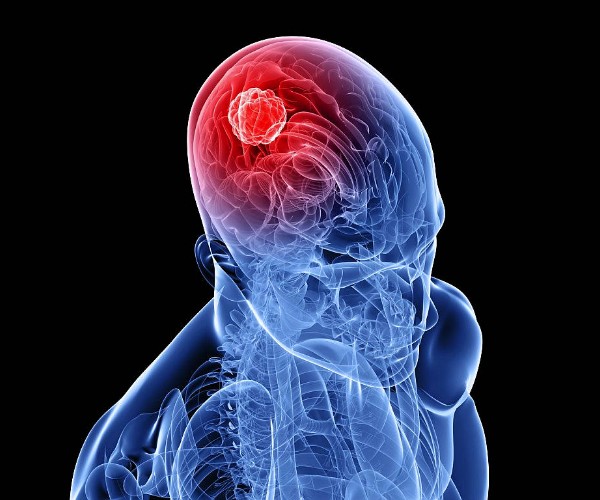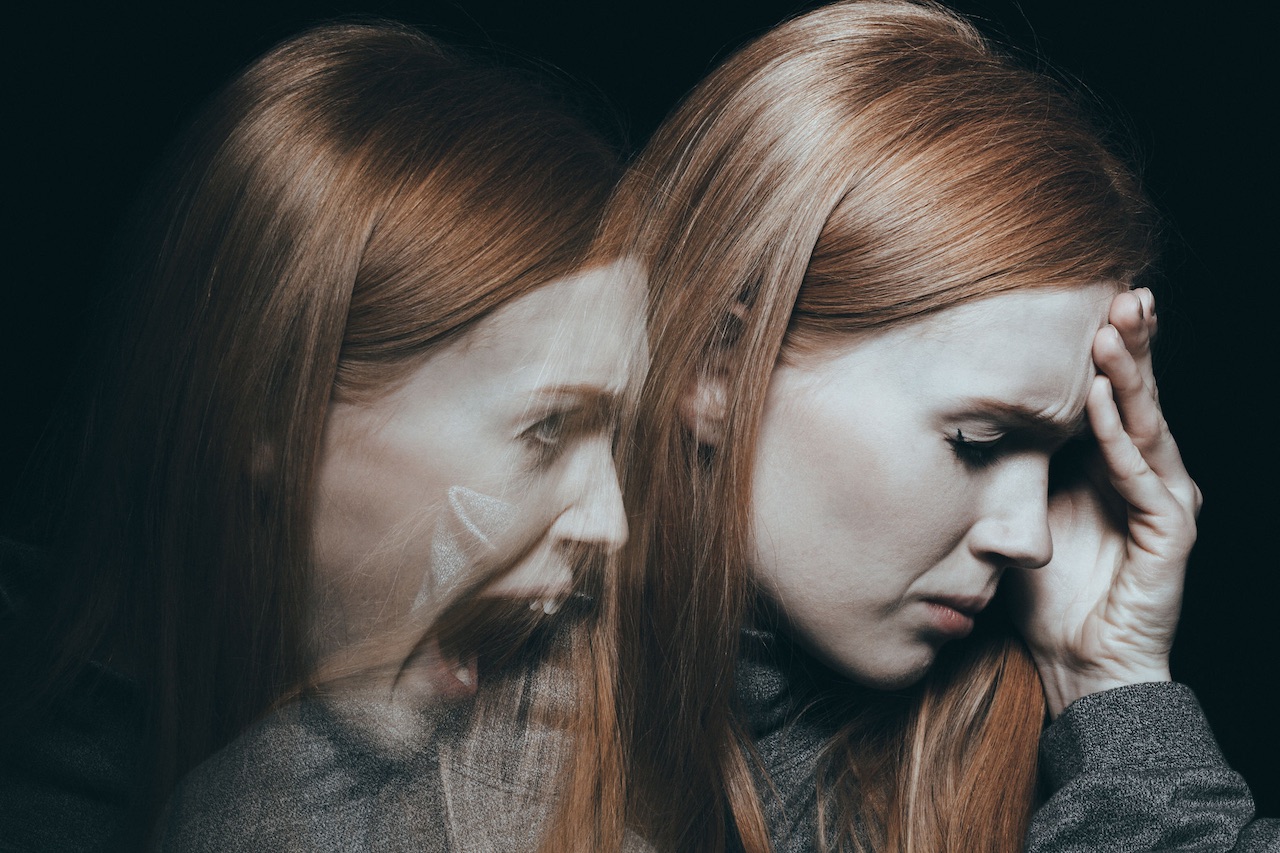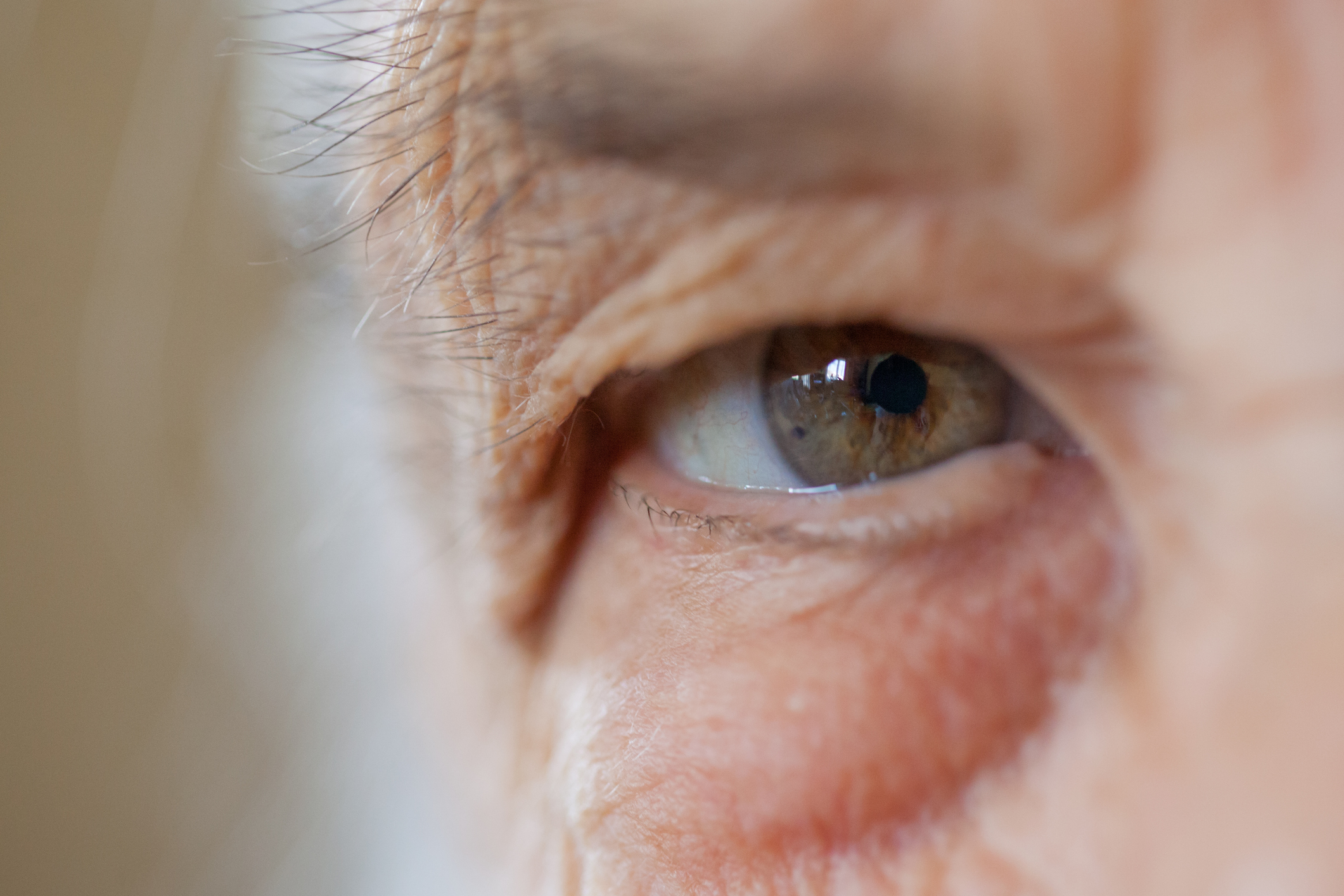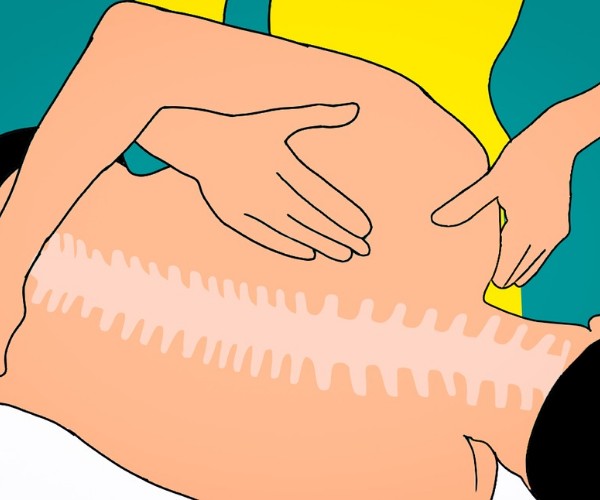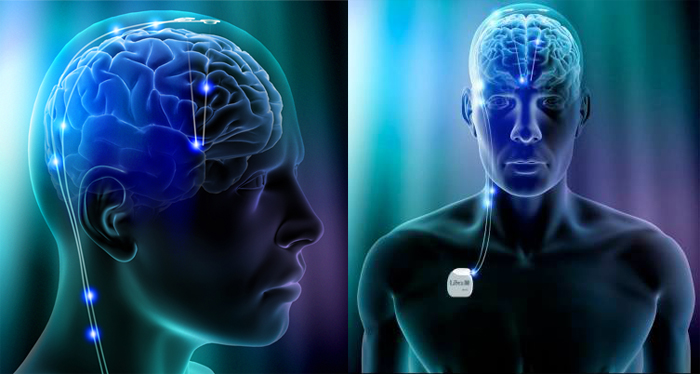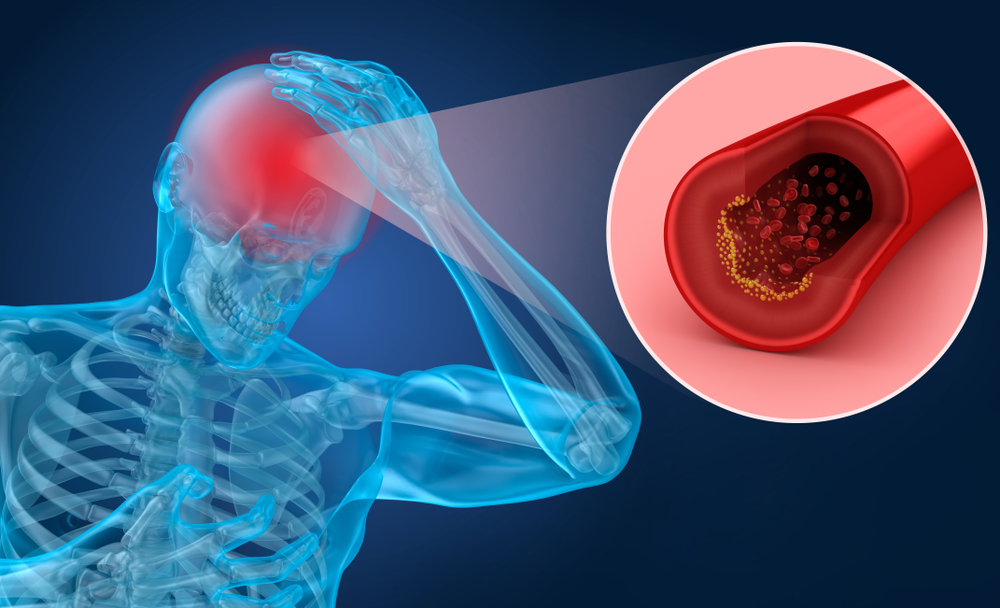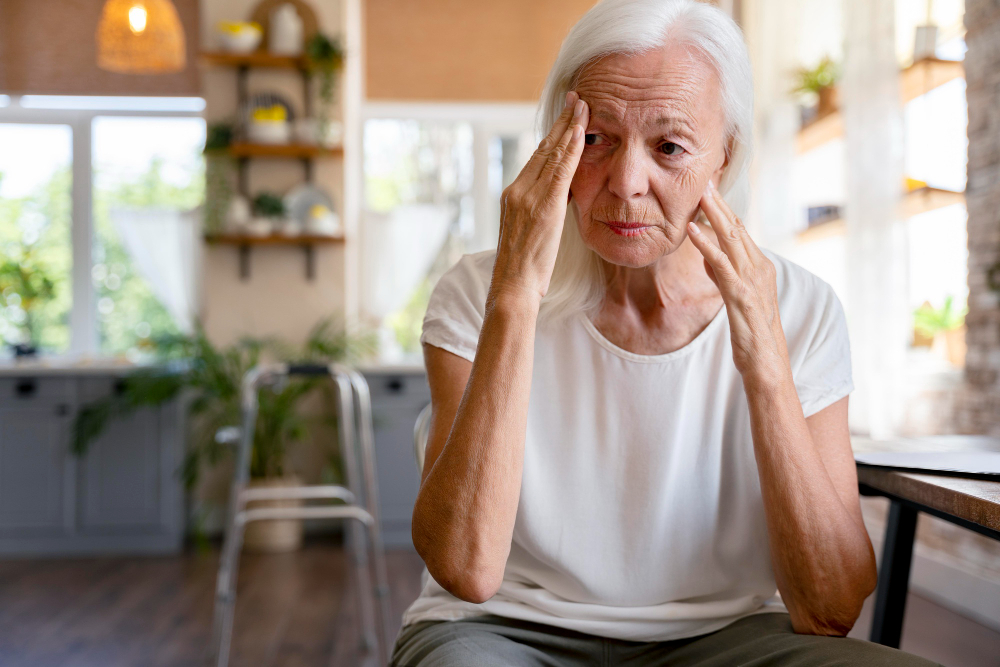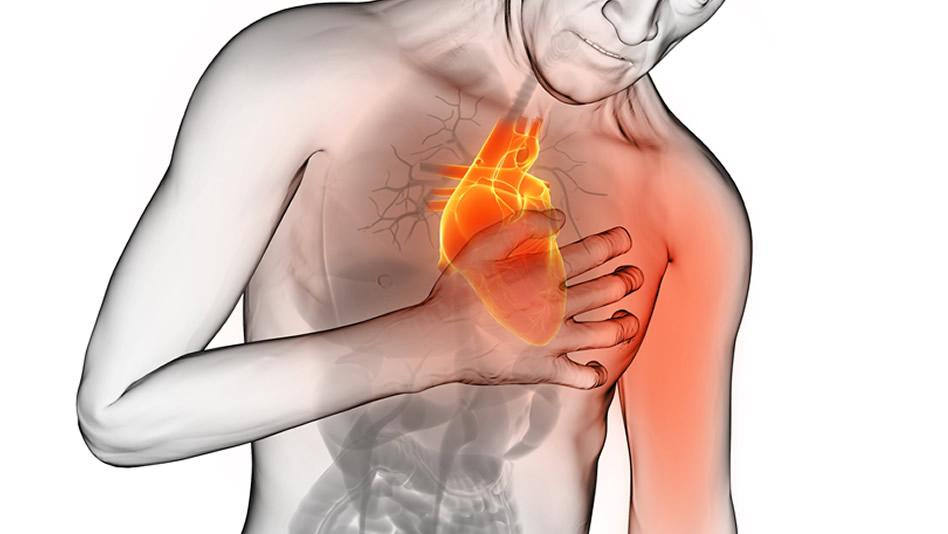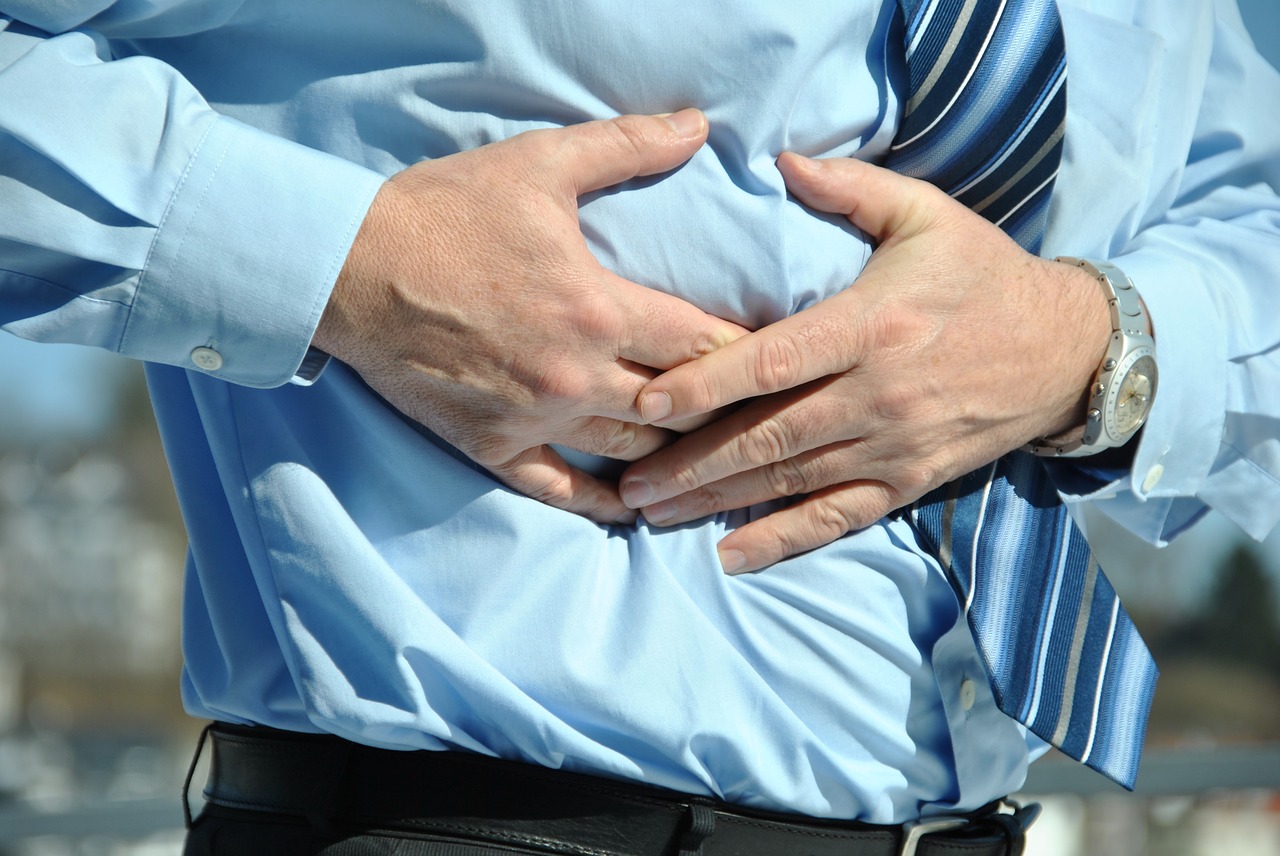In the case of ethanol poisoning, the central effect is. strictly dose-dependent, with progression of brain structures more specialized. Methanol, on the other hand, exerts less depression on the system central nervous system, but it damages the eye.
As for ethanol, it initially determines. a change in mood, characterizing an empty-headed feeling, excitement and exaltation. The picture evolves with dulling of the sensorium, The slowing of reaction time and obvious incoordination. In the stadium more advanced you will have muscle flaccidity, depression of tendon reflexes, stupor, coma and respiratory depression.
Methanol intoxication, however, is different in that stupor and stupor occur 12-36 hours later, when vomiting, abdominal pain, and ataxia assail the patient.
Diagnosis and treatment
The medical history may be unreliable. Breath testing can be useful as a primary screening to determine whether alcohol introjection is involved. The blood test is simple and reliable, and through it the alcohol level can be measured.
For ethanol intoxication, the basis of treatment is intensive supportive therapy, including gastric lavage. For methanol poisoning, the latter should be done within 4 hours of ingestion, and acidosis should be treated by administration of intravenous sodium bicarbonate.
Source: Vadecum of poisoning therapy by Roy Goulding







